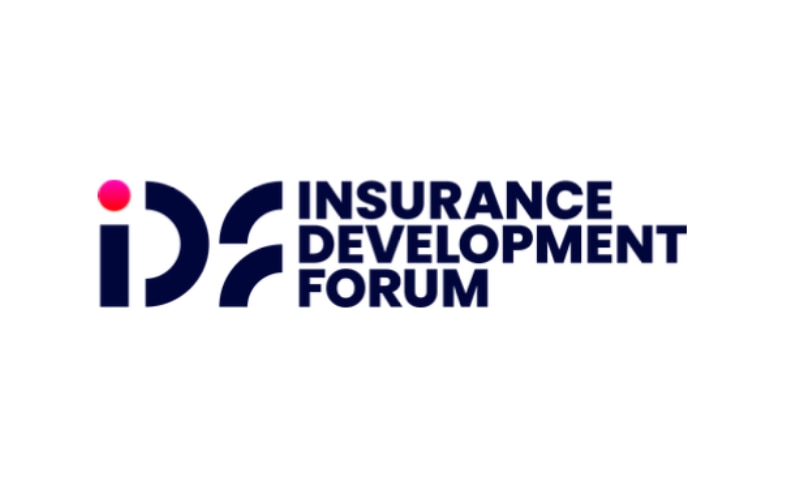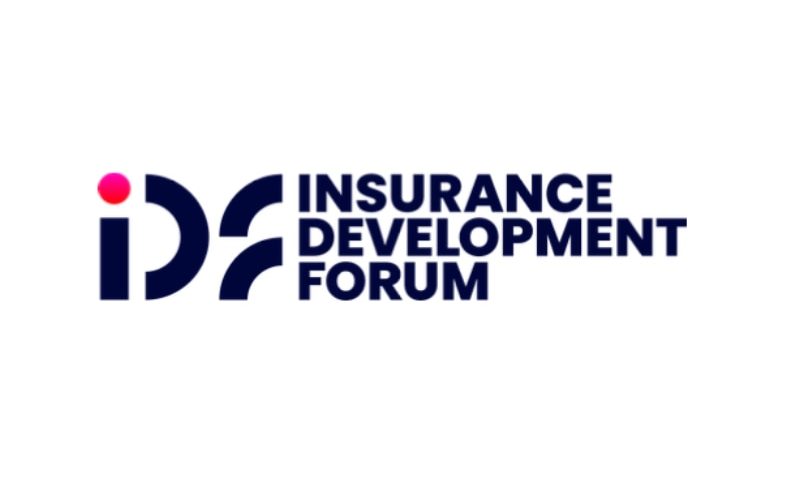The Insurance Development Forum (IDF), a public-private partnership that brings together the insurance industry, international organisations, and development institutions, has released a new paper titled Increasing Insurability to Close Protection Gaps.
 The report examines the growing divide between insured and uninsured losses from natural disasters and outlines strategies to strengthen global resilience.
The report examines the growing divide between insured and uninsured losses from natural disasters and outlines strategies to strengthen global resilience.
According to the IDF, more than $180 billion in losses from natural catastrophes go uninsured each year, with emerging markets and developing economies (EMDEs) facing the most severe impacts.
In many of these countries, insurance penetration remains at around 3%, leaving governments, businesses, and households financially vulnerable when disasters strike.
The paper, developed by the IDF Law, Regulation and Resilience Policies Working Group, explores the barriers that limit insurability and sets out practical steps to overcome them. It calls for coordinated action among governments, regulators, insurers, and development partners to expand access to insurance and accelerate resilience-building efforts worldwide.
In the report, the IDF emphasises that reducing disaster risk can make insurance more affordable and sustainable over time. It highlights the importance of government investment in resilient infrastructure, the enforcement of building codes, and the restriction of development in high-risk areas. The IDF also underscores the need for open access to hazard and exposure data, supported by education initiatives that improve public understanding of risk.
Strengthening partnerships between the public and private sectors is another central theme. The IDF recommends using pooled risk mechanisms, catastrophe backstops, and concessional financing to make coverage more accessible, particularly in vulnerable markets. The paper also encourages regulators to make insurability a clear policy objective, ensuring that frameworks support innovation and proportional regulation.
The IDF further calls for greater investment in risk and insurance literacy and for the design of insurance products tailored to local needs and conditions. Addressing behavioural factors that discourage people and businesses from investing in protection is identified as a critical component of increasing uptake.
Through this comprehensive agenda, the IDF seeks to demonstrate that many risks currently viewed as “uninsurable” can, in fact, become manageable with the right policies, partnerships, and investments in place.
Ekhosuehi Iyahen, Secretary General, Insurance Development Forum, commented: “For too long, we have accepted that large swaths of the world are ‘uninsurable’, leaving their populations unprotected. But ‘uninsurable’ should not be a verdict – it should be a challenge.
“This paper dares to redefine insurability not as a fixed characteristic of a market, but as a condition we can create through policy, innovation, and collective will. If we make risks once deemed uninsurable insurable, we will have done more than close a financial gap – we will have redefined what it means to protect, partner, and prosper.”
Bill Marcoux, Co-Chair of the Insurance Development Forum Law, Regulation and Resilience Policies Working Group, added: “If we are serious about closing protection gaps, we must confront insurability head-on. The paper Increasing Insurability to Close Protection Gaps underscores that governments, regulators, the insurance industry, development finance institutions and others all need to act.
“This paper makes clear that insurability is not static – it can be strengthened through deliberate policy, sound regulation, technical precision, and cross-sector collaboration. The cost of inaction is far greater than the cost of ambition.”
The post IDF releases roadmap to expand global insurability and reduce protection gaps appeared first on ReinsuranceNe.ws.

